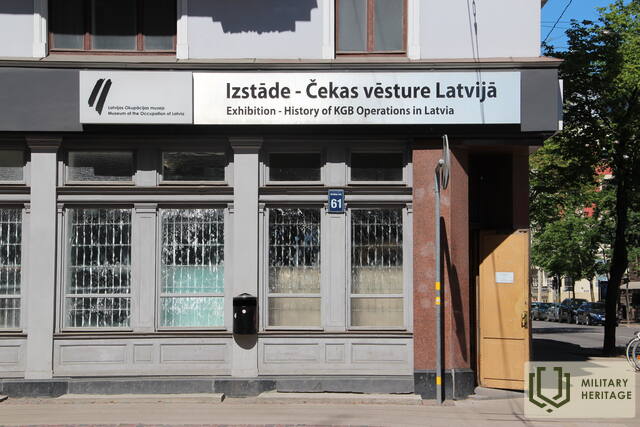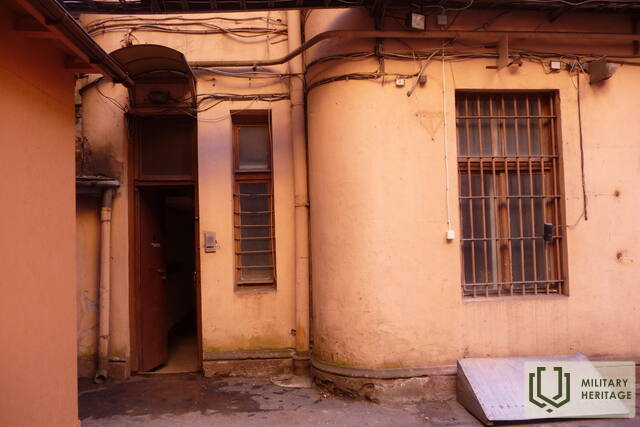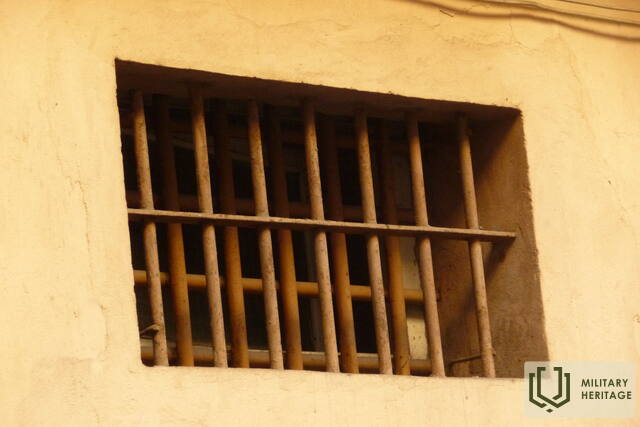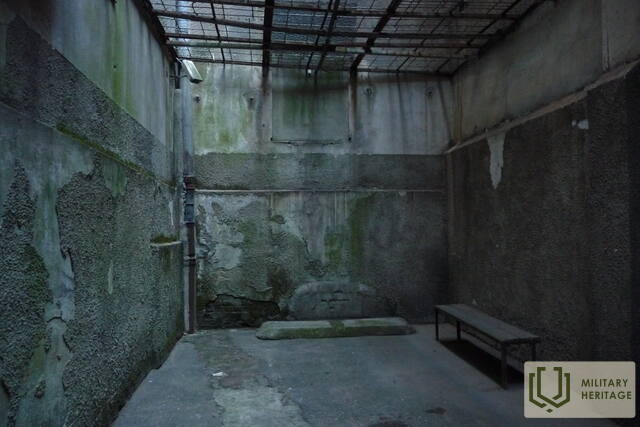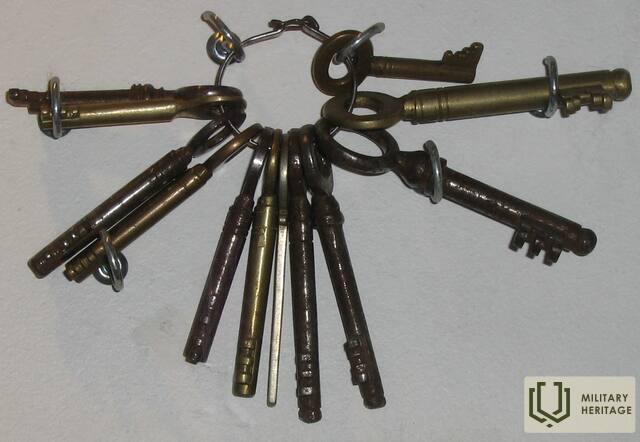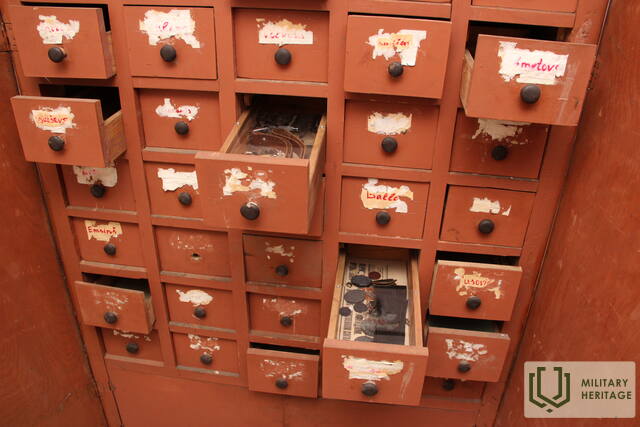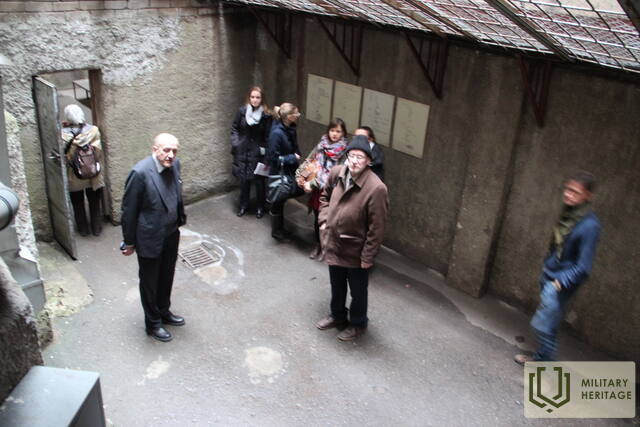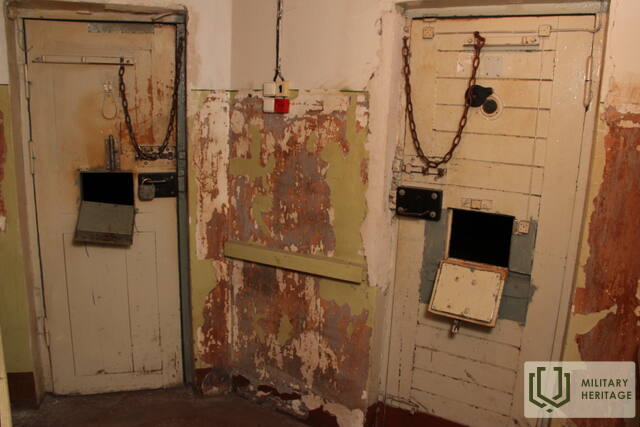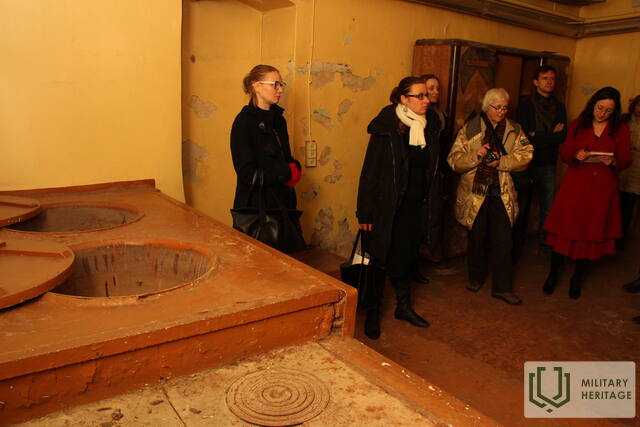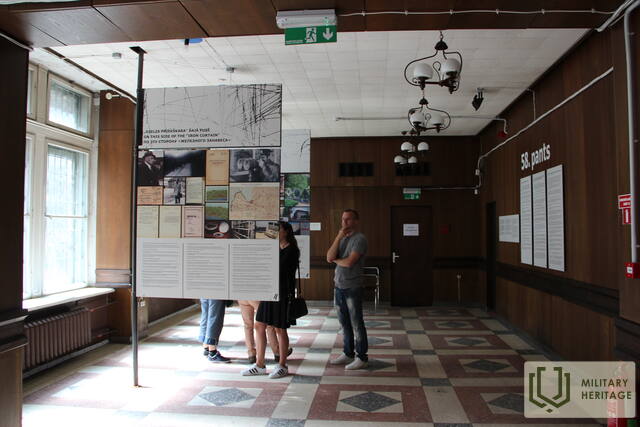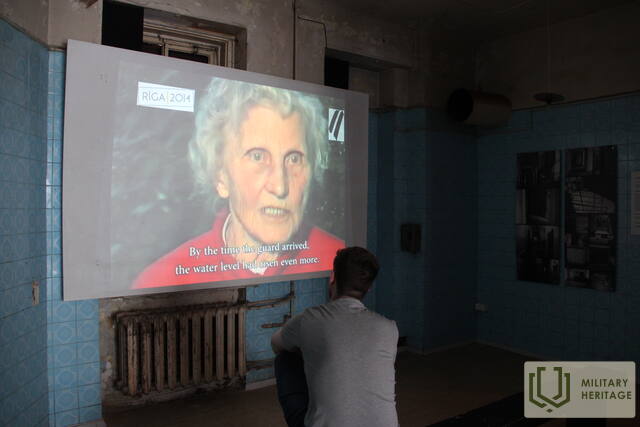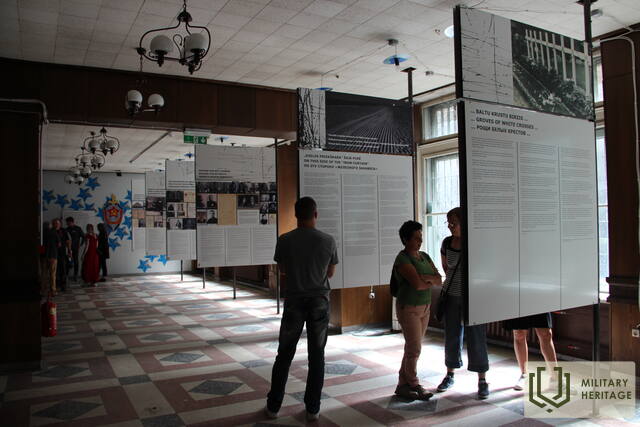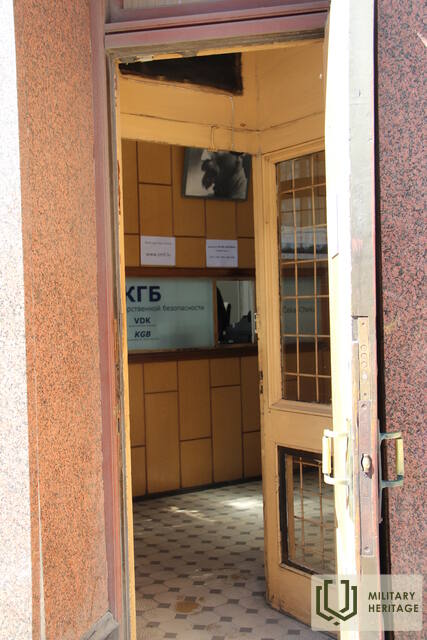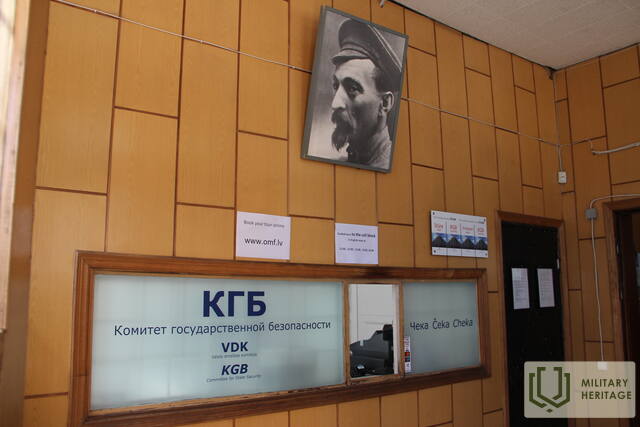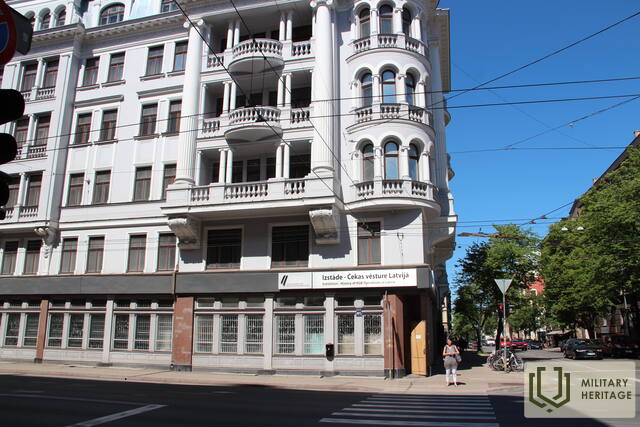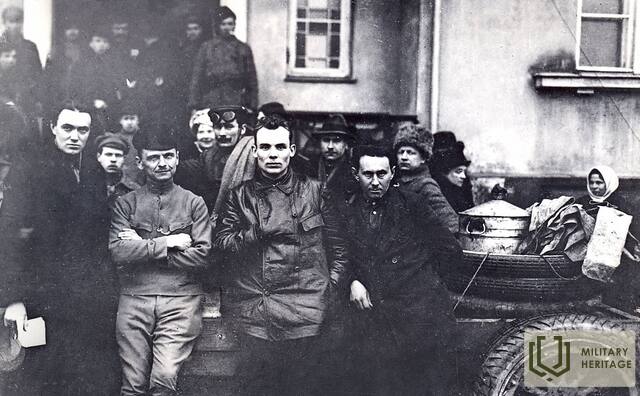Paroda KGB pastate „KGB operacijų Latvijoje istorija“
Muziejus

Buvęs SSRS Valstybės saugumo komiteto (paprastai vadinamas Čeka) pastatas atviras lankytojams. Čia čekistai kalindavo, tardydavo ir žudydavo Latvijos piliečius, kuriuos okupacinis režimas laikė priešininkais. Taip pat eksponuojama Latvijos okupacijos muziejaus ekspozicija apie Čekos veiklą Latvijoje. Siūlomos ekskursijos po kalėjimo kameras, koridorius, rūsį ir kiemą. Namas pastatytas 1911 m. ir yra vienas gražiausių pastatų Rygoje. Liaudyje vadinamas „Kampiniu namu“, jis buvo baisiausias sovietinio okupacinio režimo simbolis Latvijoje ir vienas iš SSRS valdžios ramsčių. Čeka iš Kampinio namo veikė okupacijos metu nuo 1940 iki 1941 m., o vėliau nuo 1945 iki 1991 m. Dešimtys tūkstančių latvių nukentėjo nuo tiesioginio politinio persekiojimo. Kova su sovietų valdžios priešais tęsėsi ir po Antrojo pasaulinio karo. Čekos požiūris į savo veiklą šiek tiek pasikeitė po Stalino mirties. Fizinį kankinimą pakeitė psichologinis teroras. Dauguma Čekos agentų buvo latviai (52 %). Antra pagal dydį grupė buvo rusai – 23,7 %. 60,3 % agentų nebuvo Komunistų partijos nariai. 26,9 % agentų turėjo aukštąjį išsilavinimą. Sistema buvo sukurta taip, kad įtrauktų vietos gyventojus ir taip turėtų didesnę kontrolę visuomenėje. Personalo dokumentai ir tarnybos įrašai yra Rusijoje. Ši medžiaga nebuvo prieinama Latvijos valdžios institucijoms ir tyrėjams.
Panaudoti šaltiniai ir literatūra:
Hans, V. KGB ir Latvija. Ryga: Latvijos žiniasklaida, 2019.
Oficiali Latvijos okupacijos muziejaus svetainė. Prieiga per internetą: http://sturamaja.lv/ [Žiūrėta: 2021-03-15].
Susijusi laiko juosta
Susijusios temos
Susijusi istorija
Apie kampinį namą
Pasakotoja aprašo pirmuosius įspūdžius atvykus į Kampinį namą. Prisiminimai atskleidžia atšiaurias kalinių gyvenimo sąlygas.
Buvusio legiono leitenanto - čekų agento Arvīdo Gailīčio vaidmuo likviduojant Pēterio Čeverso grupuotę
Kapitonas Pēteris Čeversas ir dar septyni partizanai buvo sugauti 1950 m. lapkričio 1 d. Engurės miškų masyve, kur, visiškai atsitiktinai, netoliese buvo dislokuota netikra partizanų grupė, vadovaujama buvusio Legiono leitenanto Arvydo Gailīčio (agento-kovotojo slapyvardis „Grosbergas“). Joje buvo Latvijos SSR VDM operatyvininkų ir agentų-kovotojų, apsimetusių „miško broliais“.
JAV CŽV desantininkas Leonidas Zariņšas – „netinkamas verbuoti“ Čekos.
Leonidas Zariņšas buvo užverbuotas CŽV agentu JAV ir 1953 m. lėktuvu iš Vokietijos kirto SSRS sieną bei nusileido parašiutu netoli Aucės. Deja, vienas iš kontaktų, su kuriais jis turėjo susisiekti, pasirodė esąs dvigubas agentas, todėl Leonidas netrukus buvo suimtas. Jis atsisakė bendradarbiauti su čekistais ir 1954 m. buvo sušaudytas be teismo.
SSRS dvigubas agentas – Edvīns Ozoliņš pravarde „Pilotas“
Šaltojo karo žvalgybos ir kontržvalgybos mūšiuose tarp Vakarų ir SSRS dalyvavo abiejų pusių agentai ir dvigubi agentai. Nuo 1920-ųjų sovietų saugumo tarnybos sukūrė visiškai naują režimo apsaugos priemonę: dezinformaciją. Šis terminas Vakaruose anksčiau nebuvo žinomas.
Alfredas Riekstinas, pravarde „Imants“, žuvo dėl sovietų dvigubo agento išdavystės.
Latvijos legionierius Alfredas Riekstinas po Antrojo pasaulinio karo buvo užverbuotas dirbti JAV žvalgybos agentūroje CŽV.




